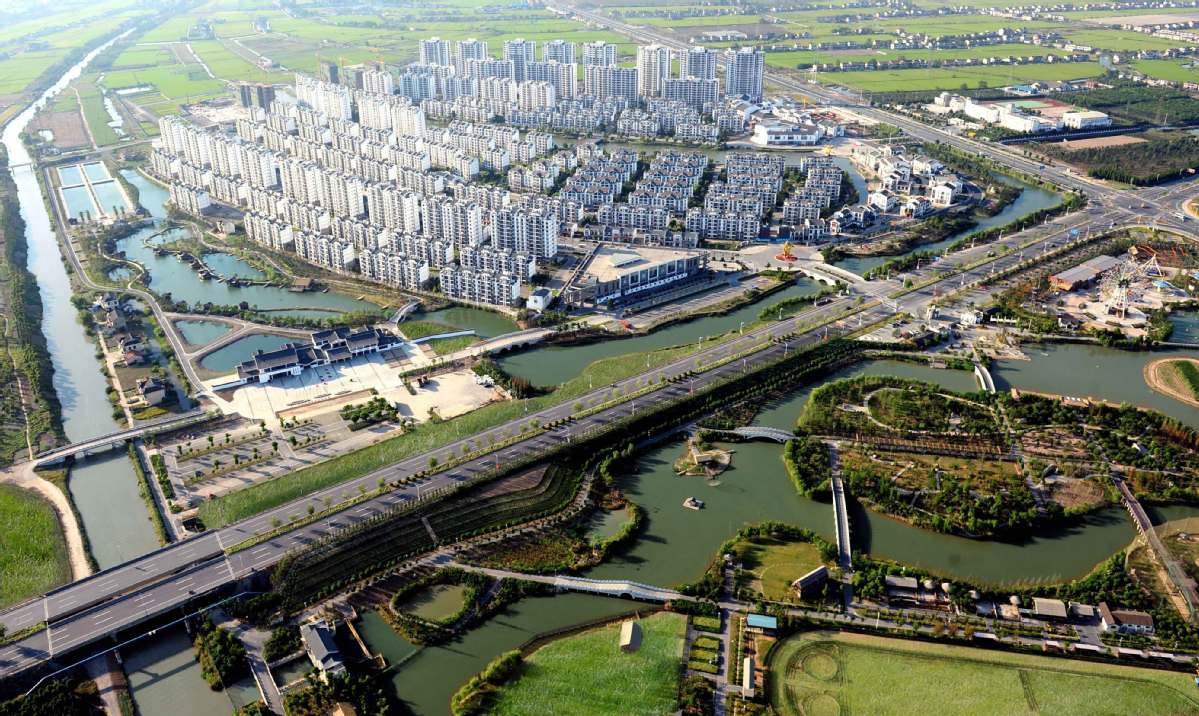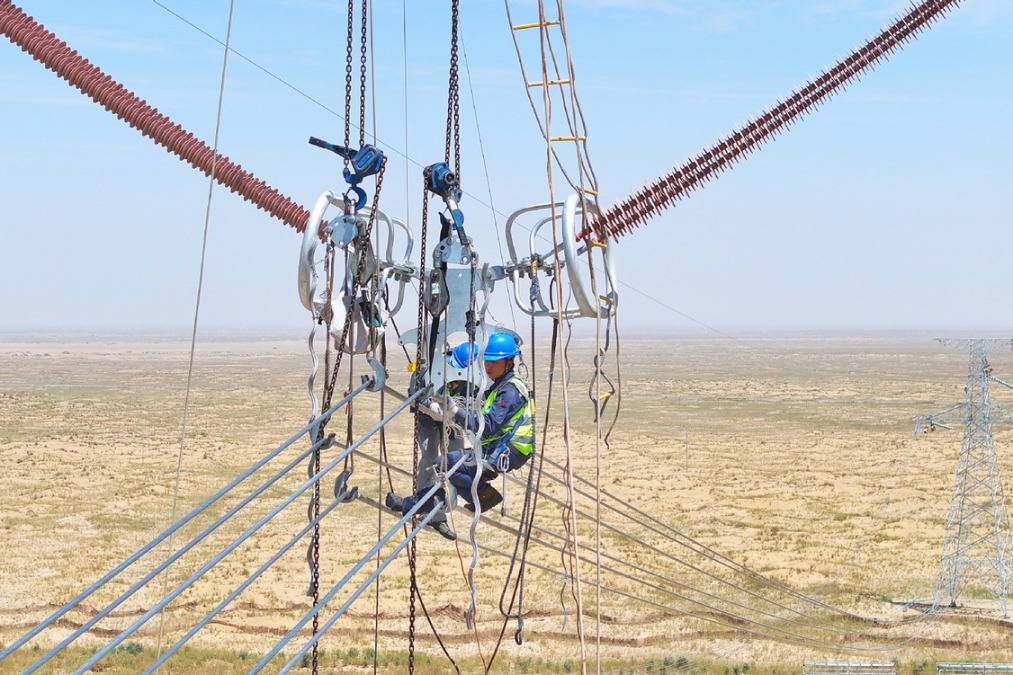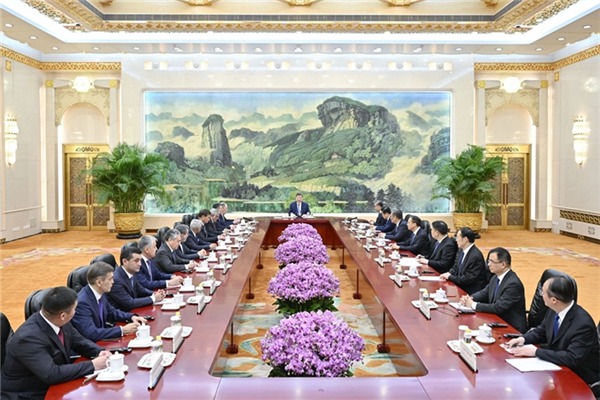Villages walk 40-year path to wealth


Reform brings far-reaching changes to Jiangsu
The book Peasant Life in China, written by prestigious anthropologist and sociologist Fei Xiaotong in the 1930s, lifted the veil on the nation's rural areas to the outside world by documenting traditional life in a small village in Suzhou, Jiangsu province.
Fei was a pioneering researcher and professor noted for his studies of China's ethnic groups. He was born in Wujiang, Jiangsu, in 1910 and died in Beijing in 2005.
British social anthropologist Bronislaw Malinowski (1884-1942) wrote in the preface to Fei's book: "Our attention here is directed not to a small, insignificant tribe, but to the greatest nation in the world." The book was published in 1939 in the United Kingdom by Routledge.
The far-reaching changes that have taken place in Suzhou since the book was published have transformed it into one of China's wealthiest areas in the four decades since the reform and opening-up policy was launched.
Fei coined the term "the Sunan pattern" - literally the development path in southern Jiangsu - in 1983 at the age of 73 when he saw family-run village and township enterprises booming along the south bank of the Yangtze River, mainly in Suzhou, Wuxi and Changzhou.
He had concluded decades earlier that this vast rural area could develop industry to adapt to changing times. Gradually introduced urbanization led by industry helped to lift the people out of poverty in the early 1980s.
Cheng Changchun, a government counselor in Jiangsu and dean of the Jiangsu Yangtze River Delta Economic Research Institute, said, "The success and the transformative ability of the Sunan pattern is testimony to the effectiveness of the reform and opening-up policy."
Cheng said that as the Chinese economy finds itself on the "cusp of yet another quantum leap", continued prosperity under the Sunan pattern underscores the need for the national reform and opening-up policy to be deepened and widened.
Today, not many college graduates can resist decent pay and bright career prospects in a big city, but a few do.
- Macao Legislative Assembly electoral commission determines candidate eligibility by law
- Dialogue key to inclusive human rights
- Extensive search for lost watch sparks debate
- German family's donated photos show Japan's 1930s bombing of Guangzhou
- Artist wows Paris with works of Xiang embroidery
- Wuxiang festival retraces heroic tales of resistance





































